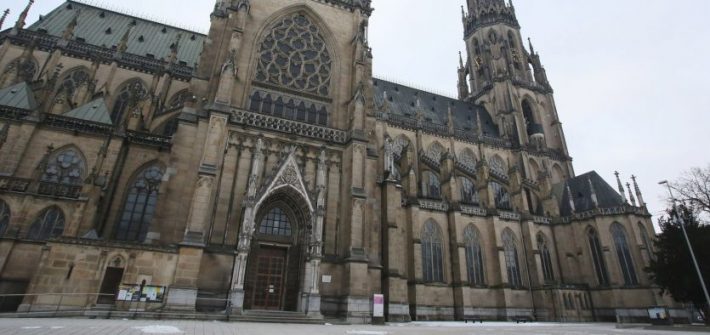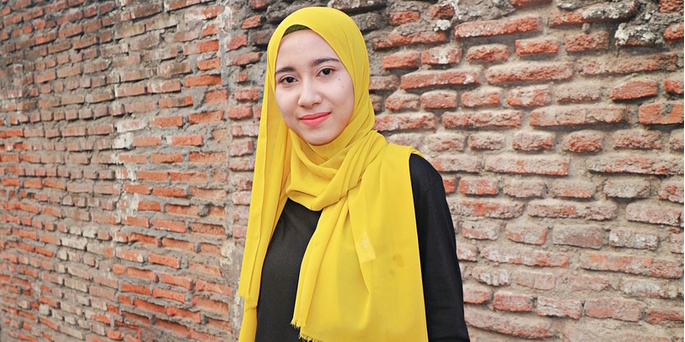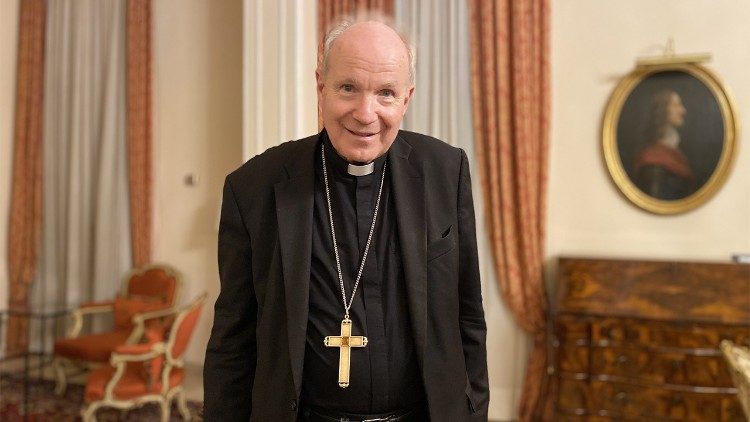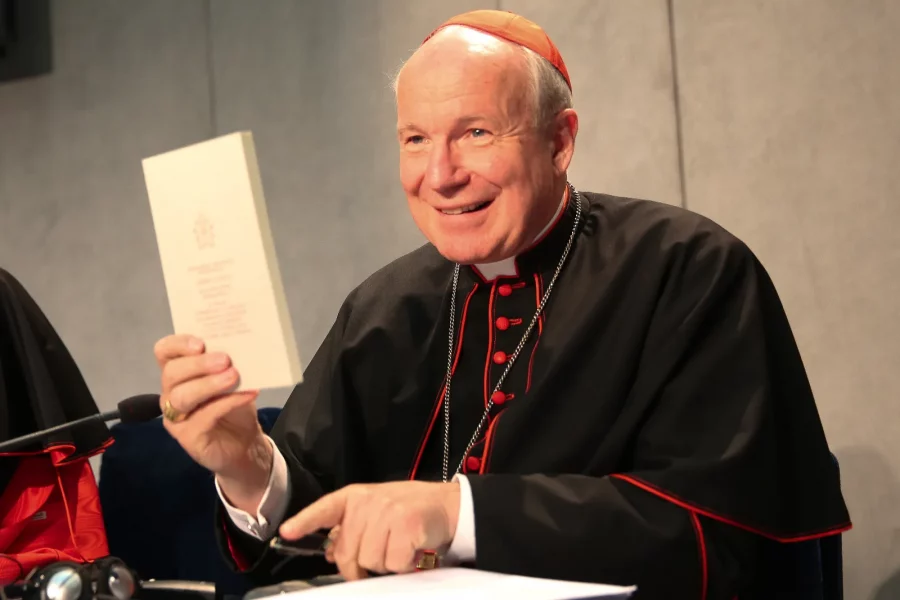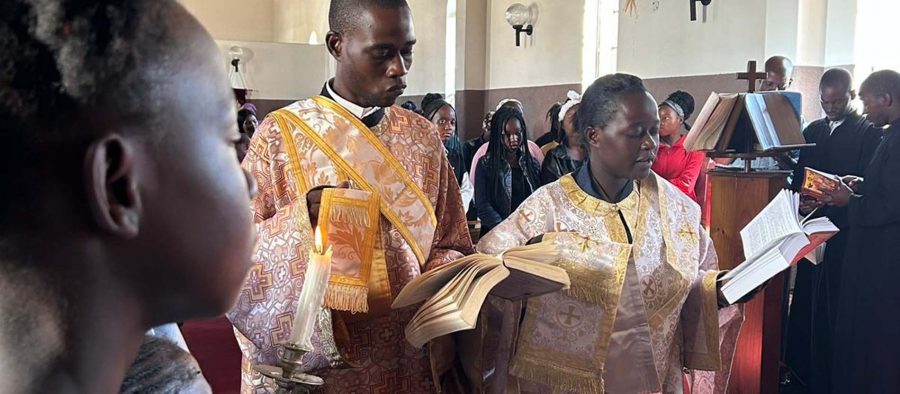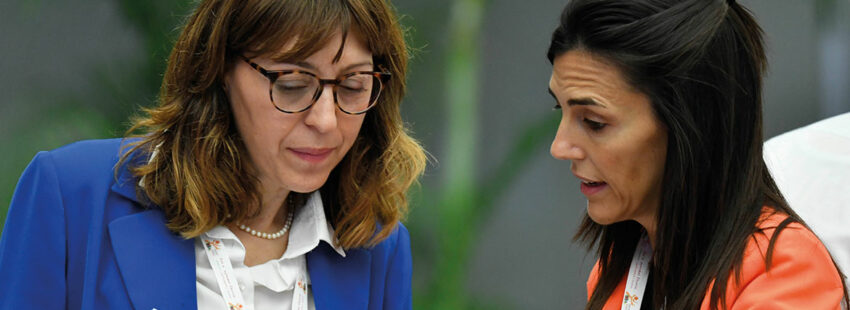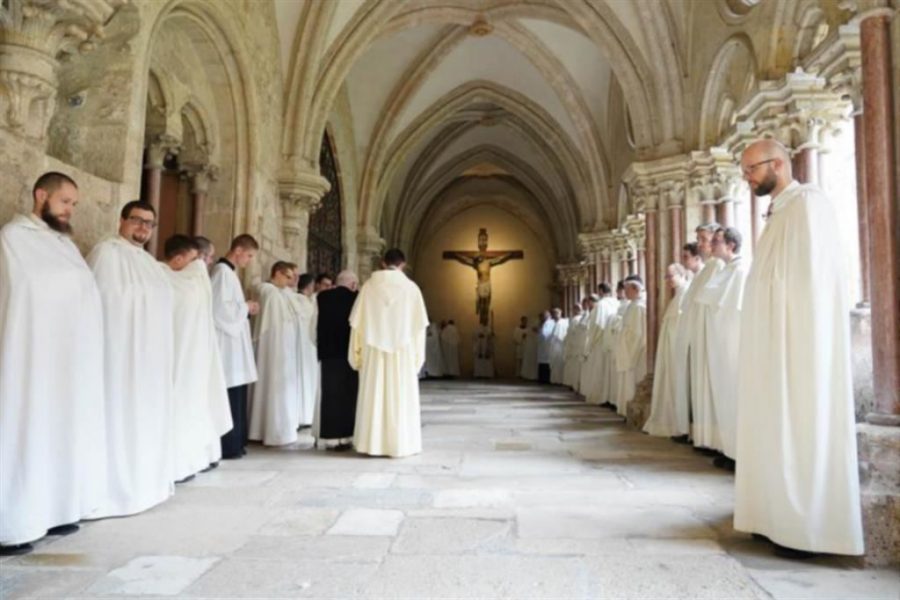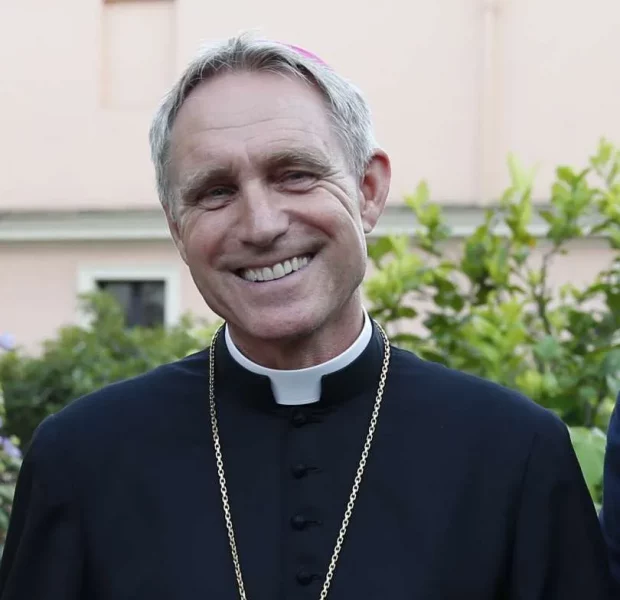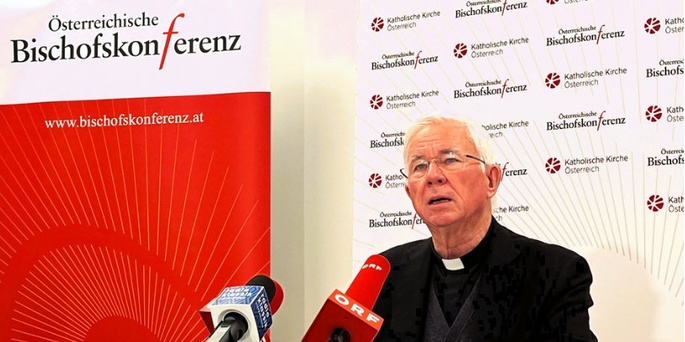(Kath).
Next Saturday, June 1st, Siluan Gall will be ordained a priest in St. Stephen’s Cathedral in Vienna. He belongs to the Greek Catholic Church. It is the first time in the 665-year history of St. Stephen’s Cathedral that a priestly ordination is being celebrated in the Byzantine rite, as the Archdiocese of Vienna announced on Monday. Gall is also the first “Byzantine” to emerge from the Vienna seminary, founded in 1758. He will be ordained by Stepan Sus, Bishop of the Curia of the Major Archbishop of the Ukrainian Greek Catholic Church in Kiev.
Siluan Gall was born in Germany in 1973. As a descendant of Germans expelled from Russia at the end of the Second World War, he was baptized and confirmed in the Protestant church. He began his career as a nurse. He worked for 20 years in various hospitals and a hospice.
On the one hand, Gall felt drawn to Orthodoxy at a young age, whose spirituality and liturgy fascinated him. As a Western European, he also felt at home in the Catholic Church. The Ukrainian Greek Catholic Church ultimately became his spiritual home. Its liturgy, theology and spirituality follow the Byzantine tradition and at the same time it is in full communion with the Pope.
Continue reading…


